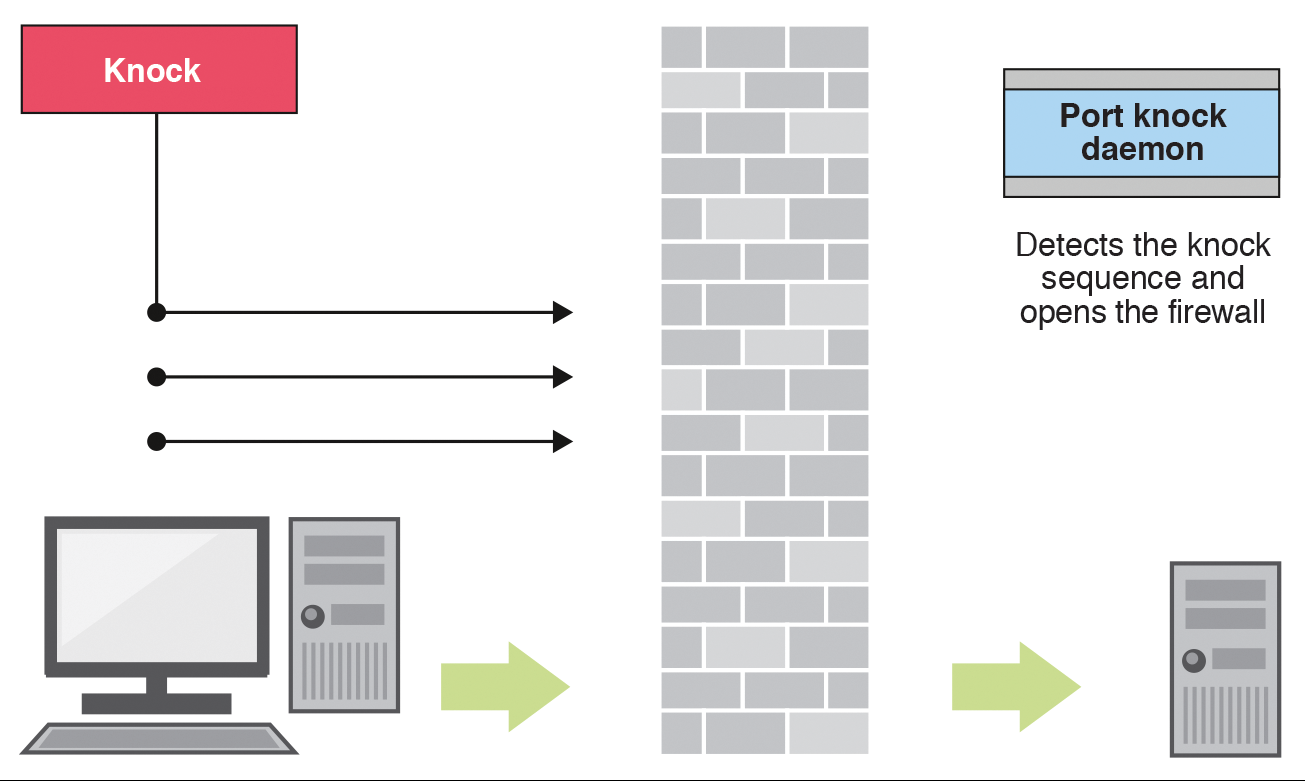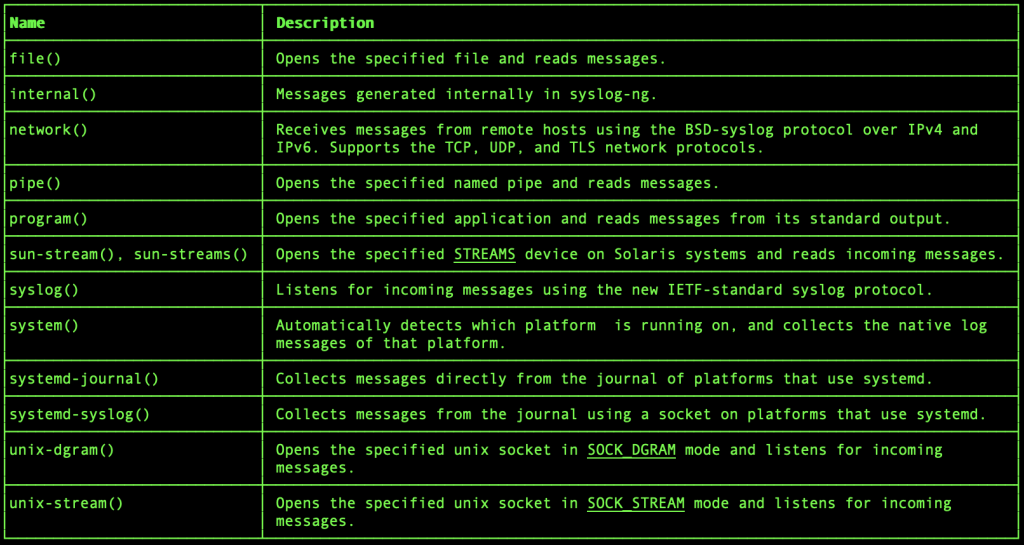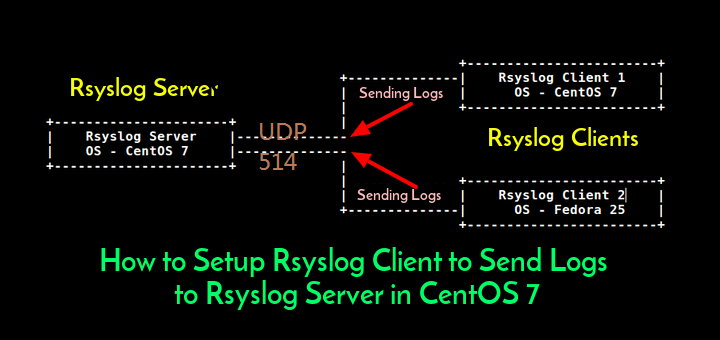

Nov 15 02:24:26 rsyslog-client1 systemd: Started System Logging Service.Ģ. Nov 15 02:24:26 rsyslog-client1 rsyslogd: [origin software="rsyslogd" swVersion="8.24.rt Nov 15 02:24:26 rsyslog-client1 systemd: Starting System Logging Service. The program yum-complete-transaction is found in the yum-utils package.

If those don't work you'll have to try removing/installing packages by hand (maybe package-cleanup can help). You might consider running yum-complete-transaction, or "yum-complete-transaction -cleanup-only" and "yum history redo last", first to finish them. There are unfinished transactions remaining. You need to be root to perform this command.
#Python syslog client install
~]$ sudo yum update & yum install rsyslog RsyslogClient Installation and Configurationġ. $template DailyPerHost,”/logs/syslog_devices/%FROMHOST-IP%/%FROMHOST-IP%-%$YEAR%-%$MONTH%-%$DAY%.log” *.* -?DailyPerHost

If you don’t include “& ~”, messages will instead be be written to the local files. The final line “& ~” instructs rsyslog to stop processing the messages once it is written to a file. The second line “*.* ?RemoteLogs” means record messages from all facilities at all severity levels using the RemoteLogs template configuration. The directive $template tells rsyslog daemon to gather and write all of the received remote messages to distinct logs under /var/log, based on the hostname (client machine name) and remote client facility (program/application) that generated the messages as defined by the settings present in the template RemoteLogs. Looking at the above ruleset template, the first rule is “$template RemoteLogs,”/var/log/%HOSTNAME%/%PROGRAMNAME%.log””. Next, you need to define the ruleset for processing remote logs in the following format. $InputTCPServerRun 514 $template RemoteLogs,"/var/log/%HOSTNAME%/%PROGRAMNAME%.log" #$ModLoad immark # provides -MARK- message capability #$ModLoad imklog # reads kernel messages (the same are read from journald) $ModLoad imjournal # provides access to the systemd journal $ModLoad imuxsock # provides support for local system logging (e.g. # The imjournal module bellow is now used as a message source instead of imuxsock. To use TCP connection (which is slower but more reliable), search and uncomment the lines below for tcp. If you want to use a UDP connection, which is faster but unreliable, search and uncomment the lines below for udp. To configure rsyslog as a network/central logging server, you need to set the protocol (either UDP or TCP or both) it will use for remote syslog reception as well as the port it listens on. Configure Rsyslog as server to collect all log/remote logsīy default, rsyslog uses the imjournal and imusock modules for importing structured log messages from systemd journal and for accepting syslog messages from applications running on the local system via Unix sockets, respectively. In my lab, I just quickly disabled them to show you how Rsyslog is working.Ģ.

The better way is to configure selinux and firewall to allow udp /tcp 514 traffic. Note: You can disable firewall and selinux feature as I did. Removed symlink /etc/systemd/system//rvice. Hint: Some lines were ellipsized, use -l to show in full. Nov 15 02:32:14 rsyslog-server1 systemd: Started System Logging Service. Nov 15 02:32:14 rsyslog-server1 rsyslogd: [origin software="rsyslogd" swVersion="8.24.rt Nov 15 02:32:14 rsyslog-server1 systemd: Starting System Logging Service. Loaded: loaded (/usr/lib/systemd/system/rvice enabled vendor preset: enabled)Īctive: active (running) since Fri 02:32:14 UTC 11h ago Package rsyslog-8.24.0-41.el7_7.2.x86_64 already installed and latest version * updates: No packages marked for update Loading mirror speeds from cached hostfile ~]# sudo yum update & yum install rsyslog Rsyslog Server Installation and Configurationġ.


 0 kommentar(er)
0 kommentar(er)
